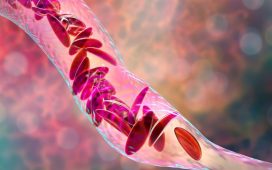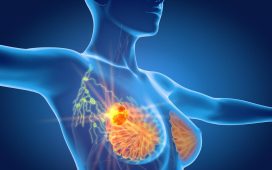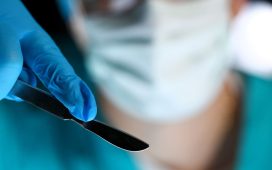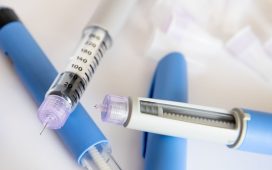Increased risk for NAION seen among participants with T2D, overweight/obesity receiving semaglutide versus non-GLP1-RA meds
By Elana Gotkine HealthDay Reporter
WEDNESDAY, July 3, 2024 (HealthDay News) — Semaglutide is associated with nonarteritic anterior ischemic optic neuropathy (NAION) among patients with type 2 diabetes (T2D) and those with overweight/obesity, according to a study published online July 3 in JAMA Ophthalmology.
Jimena Tatiana Hathaway, M.D., M.P.H., from the Harvard T.H. Chan School of Public Health in Boston, and colleagues examined the potential association between semaglutide and the risk for NAION in a retrospective matched cohort study. Data were obtained for 16,827 patients, including 710 with T2D (194 prescribed semaglutide; 516 prescribed non-glucagon like peptide 1 receptor agonist [GLP1-RA] antidiabetic medications) and 979 with overweight or obesity (361 prescribed semaglutide; 618 prescribed non-GLP1 RA weight-loss medications).
The researchers observed 17 and six NAION events in patients prescribed semaglutide and non-GLP1 RA medications, respectively. Over 36 months, the cumulative incidence of NAION among patients with T2D was 8.9 and 1.8 percent for the semaglutide and non-GLP1 RA cohorts, respectively. The risk for NAION was significantly higher for patients receiving semaglutide (hazard ratio, 4.28) in a Cox proportional hazards regression model. Among patients with overweight or obesity, there were 20 and three NAION events in the semaglutide and non-GLP1 RA cohorts, respectively. The cumulative incidence of NAION over 36 months was 6.7 and 0.8 percent for semaglutide and non-GLP1 RA medications, respectively, with a higher risk for NAION seen for patients prescribed semaglutide (hazard ratio, 7.64).
“There has been no prior mention, to our knowledge, of an increased risk of NAION in association with semaglutide, and our study does not inform a mechanism to link semaglutide to NAION,” the authors write.
Editorial (subscription or payment may be required)
Copyright © 2024 HealthDay. All rights reserved.








